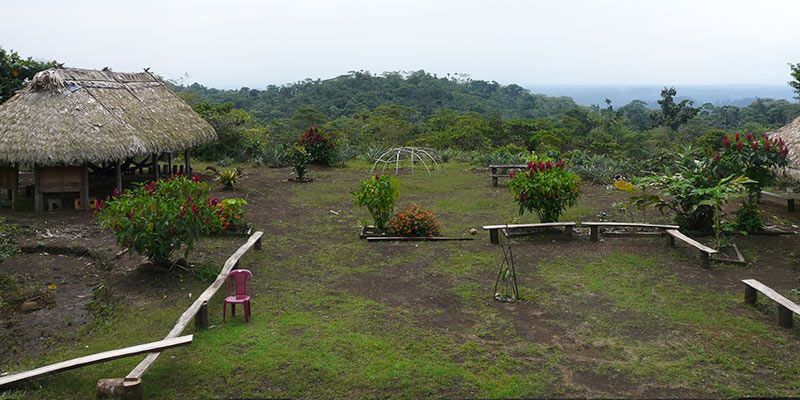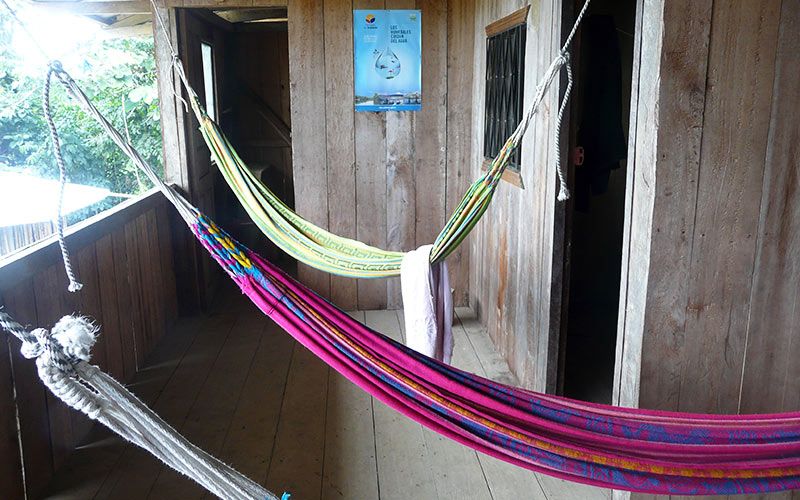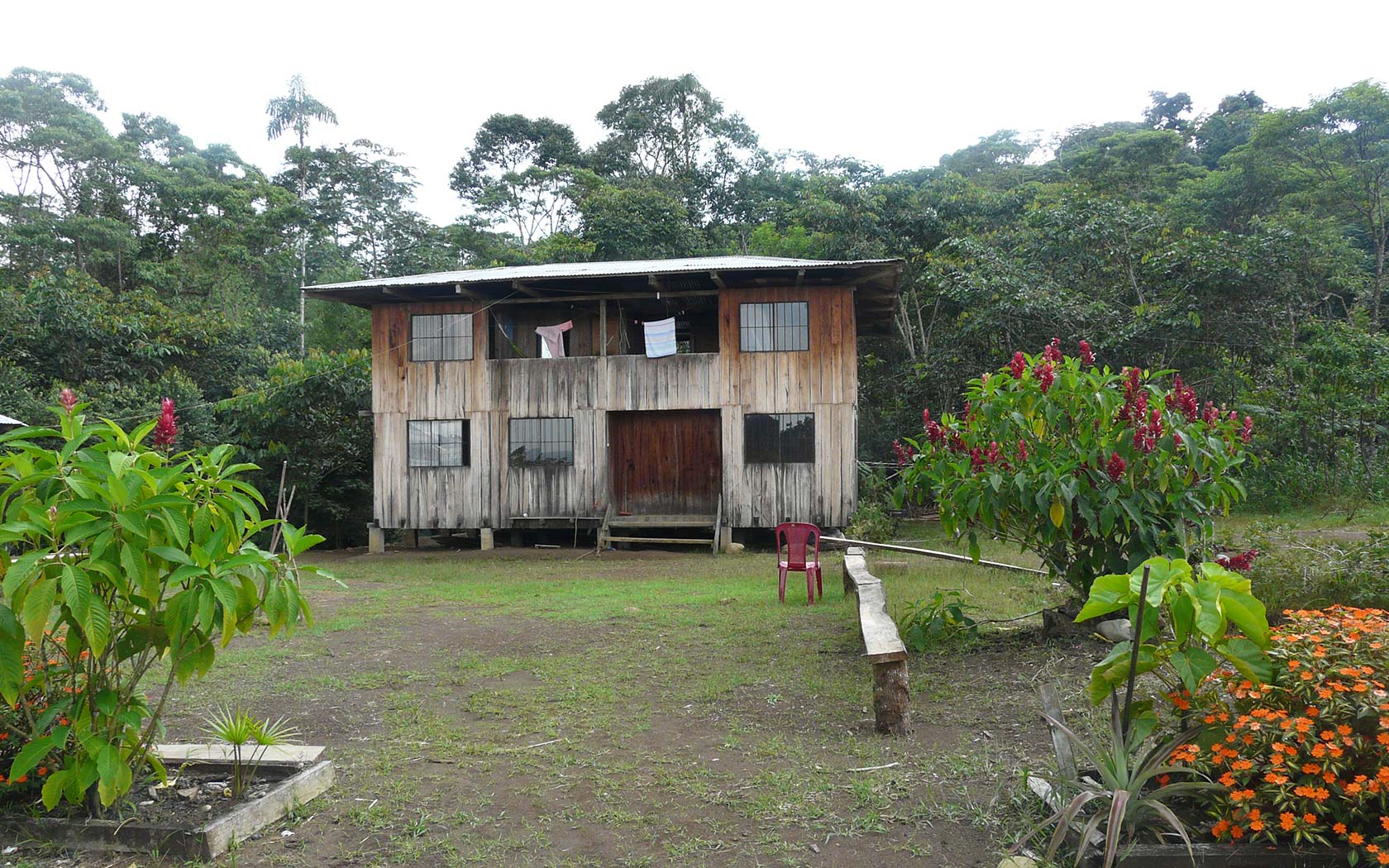No matter what your reaction is to this blog’s first paragraph, we beg you to keep reading! Let’s first assume that you’re curious about learning Spanish in the Shuar community in the Amazon. But how much do you know about your potential new housemates? What would you say if we told you the Shuar were famous for practicing head shrinking on their dead enemies?
The next paragraph starts here. If you made this far, you’ll be happy to know that the Shuar stopped chopping heads of and discontinued their tradition of human taxidermy a long time ago. Nowadays, they lead a peaceful life, which — incidentally — includes receiving foreign guests, all of whom get to keep their heads! About the Shuar, know this:
1. Ecuador’s ancient language
For most — if not all — local indigenous communities, the Amazon jungle has no borders. That said, the Shuar language is mostly spoken by people (around 40,000 to be specific) living within Ecuador. It belongs to the Jivaroan group of languages and is common in Ecuador’s eastern regions in and near the Amazon jungle. The Shuar, like many ancient communities, form part of a storytelling society, in which members are expected to know their family heritage and pass on tales, legends and cultural values in oral form.
2. Myth of the violent Shuar
The Shuar are famous for their resistance to colonization, having held off more than a few jungle invasions by the Spanish in the early years of occupation. As was the case with many European reports on local indigenous communities in South America, the Spanish colonizers went about mystifying the enemy Shuar as a dangerous, violent group of heathens, which is where the Spanish name for them, Jivaro, originates. Some researchers suggest that up to 30,000 Spaniards were killed in one week by the Shuar and liquid gold poured down the enemies’ throats.
3. Spiritual connection with the Amazon

The Shuar of the 21st century are vastly different to their ancestors in some ways, and intimately similar in others. Known in the Shuar language as an uwishin, the spiritual healer or shaman is still an important figure in a Shuar community. He or she relies on dreams, storytelling and ceremonies, to act as a type of local doctor within the community, and not least of all an important source of information about the jungle and traditional spirituality. The Shuar place great importance in their natural surroundings, and also continue to participate in a range of spiritual practices that involve interacting with Mother Nature.
4. Head-shrinking fame
The Shuar achieved international renown in the 19th century when foreign anthropologists documented their ancient tradition of head shrinking. The story goes that a powerful uwishin grew so strong and dominant within the Shuar community that jealous members of his own family killed him and cut off his head. And so, began a tradition of the shrunken Shuar heads, preserved with an indigenous taxidermy technique, carried about as a show of power against dead enemies, and often left in strategic locations in the jungle to prevent potential enemies from penetrating Shuar areas. While discontinued in practice, the Shuar still celebrate their head-shrinking past on a ceremonial day in which members of the community reflect on notions of power and dominance.
5. Modern practices
In recent years, modern road projects that link distant Shuar communities to the rest of Ecuador have brought huge changes to Shuar populations in the Amazon. While contemporary life still revolves around sustenance, with great emphasis placed on agriculture, hunting and fishing are no longer economic priorities in these communities. Instead, families rely on small-scale farming that now includes livestock like cattle. The Shuar also interact with local organizations and foreign visitors, to build community projects like schools, clinics, botanic gardens, women’s associations and shops.
6. Life in a Shuar community

Today, there really isn’t any chance you’ll have your head chopped off and placed on a stick; the Shuar are too friendly to become enemies with, and they now lead a much more peaceful life. In fact, with the Spanish colonizers long gone, the Shuar have embarked on a new, more empowered journey. Life in their communities now includes a range of social projects like a bilingual school, a community clinic, a botanic garden, a women’s association, a community store, and the ancient practice of house construction/deconstruction, all of which you can be apart of if you choose to study Spanish with a Shuar community today.
Are you ready to travel with your very own teacher to learn Spanish in an Amazon jungle Shuar community?
Originally published on Ailola by Jayson McNamara on November 1, 2013.
